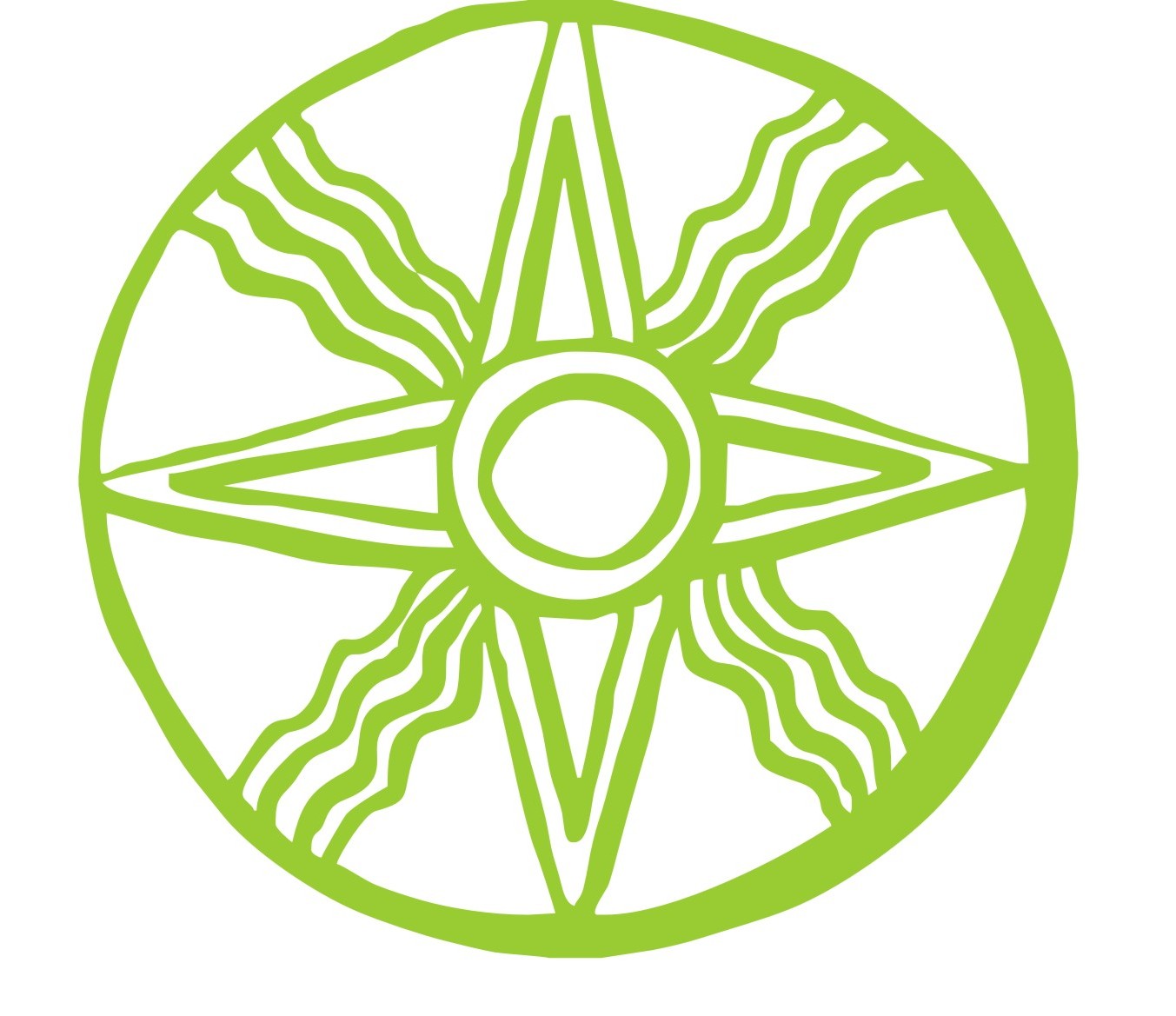GKM Spring School “Manuscript.Interdisciplinary.Digital”
Every two years, our spring school “Manuscript.Interdisciplinary.Digital” provides a multifaceted insight into the research world of manuscript cultures and, together with the SCDH, an ambitious introduction to tools that are helpful in creating a digital edition. The next spring school is planned for March 2027.
Bāḥra ḥassāb: Knowledge Transmission in Ethiopia and Eritrea from Antiquity to Modern Times (Emmy-Noether-Programme 2025-2031)
The DFG is providing Dr. Daria Elagina with approximately €1.3 million in funding as part of the Emmy Noether Program. This will enable the philologist to establish a research group at the Institute of Egyptology and Coptology over the next six years entitled “Bāḥra ḥassāb: Knowledge Transmission in Ethiopia and Eritrea from Antiquity to Modern Times.”
Website of the ProjectTRANSLAPT: Translation Arabic - Persian - Turkish
Emmy Noether Junior Research Group (2022-2028)
By bringing together research approaches from Oriental/Middle Eastern studies, translation studies, and material philology, the group aims not only to close significant gaps in the current state of research, but also to replace previously too narrowly defined concepts of translation with a new understanding of translation reflected in cultural history. In particular, this applies to the function of translation in the context of ideological self-positioning and confessional demarcation. The further development of literary norms by translators, clients, and recipients will also be examined across different text types. Four plus two subprojects deal with different literary genres, with a focus on translations of the genres (1) princely mirror and historiography, (2) biography and hagiography, (3) encyclopedia, cosmography and geography, and (4) hadith, which will be expanded by two associated subprojects to include the genres (5) mystical guidebooks and (6) Qur'anic exegesis.
Contact: Prof. Dr. Philip BockholtGovernance in Babylon: Negotiating the Rule of Three Empires
ERC Consolidator Grant
The project is a historical study of governance in the ancient capital Babylon. The project investigates how governance was negotiated and realized, especially in the context of tensions between the local elites of the capital and the kingship. For this purpose, the private archives of the local elites in Babylon provide newly accessible sources. A first edition of these texts, which are now in the Vorderasiatisches Museum in Berlin, is being prepared.
Contact: Prof. Dr. Kristin KleberLong-term projects of the North Rhine-Westphalian Academy of Sciences and Arts at INTF
The task of the Institute for New Testament Textual Research (INTF) is to comprehensively document and research the history of the transmission of the New Testament in its original Greek language.
The main goal is to gain, for the first time, a picture of the textual history in knowledge of all the material available today and, on this basis, to reconstruct the original text of the New Testament tradition. The result of the work will be published in the Editio Critica Maior.
INTF has long been known for the scholarly hand editions (Nestle-Aland, Greek New Testament, Synopsis) and aids for working on the text (concordances, Bauer-Aland) which it supervises. The hand editions will continue, but they are now joined by digital editions and transcripts of important manuscripts on the Internet, as well as a virtual manuscript reading room.Edition of the complete works of Ibn Nubātah al-Miṣrī (DFG Langfristvorhaben 2020-2032)
The aim of this long-term project is to publish the complete works of Ibn Nubātah al-Miṣrī (died 1366), who was active in Syria and Egypt and was the most influential Arab poet after al-Mutanabbī (died 965) until the 19th century. Despite his immense importance, many of his works are still only available in manuscripts or poor editions, even his large collection of poems, the Diwan. One reason for this is the colonialist concept of an “age of decline” for the entire Arab culture from the 11th century onwards, which was and often still is very influential. Elites in Arab societies also used this narrative of decline under the slogan inḥiṭāṭ, as it allowed them to explain the loss of power and humiliation of the Arab-Islamic world under colonialism and to remedy the situation with the help of Western ideologies, be it nationalism, socialism, or Islamism, and often still want to do so. The fixation on a “golden age” and the devaluation of all later periods had and continues to have devastating effects on the self-image of Arab societies and thus also on current politics.

